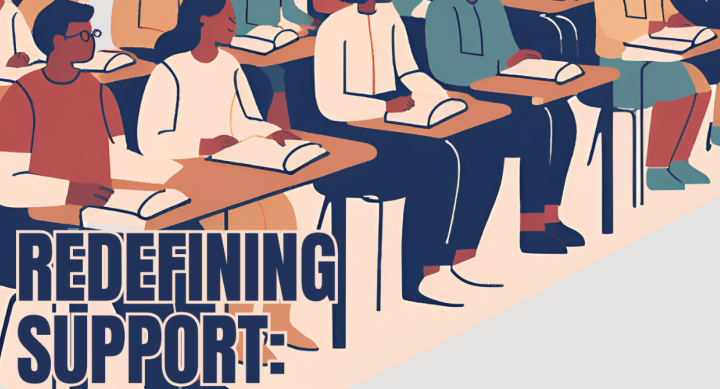
The pursuit of diversity, equity and inclusion, or DEI, in the United States has been shaped by more than a century of progress and resistance. In the aftermath of the Civil War, efforts to support formerly enslaved people, such as the Freedmen’s Bureau, were met with opposition, leading to its closure just a year later.
The Civil Rights Movement saw a renewed push for equal rights when President John F. Kennedy introduced affirmative action in federal hiring practices. This policy later expanded in the 1960s and ‘70s to start to address systematic exclusion in education and employment, contributing to increased diversity in universities and workplaces. The Civil Rights Act of 1964 further solidified anti-discrimination protections, but by the 1990s, affirmative action faced legal challenges with several states banning it.
Around the same time, DEI framework evolved to emphasize inclusion and intersectionality, broadening the conversation past representation. In 2023, Gov. Greg Abbott signed Senate Bill 17 into law, restricting certain programs and activities in public higher education institutions across Texas. At the University of Texas at Austin, the Center for Gender and Sexuality is now the Women’s Community Center. The Multicultural Engagement Center was eliminated. According to Dr. Madeleine Holland, a professor within the Moody College of Communication, the seven core values that once governed Moody College, no longer exist. These are a few of the changes to the college since the University of Texas at Austin implemented changes related to diversity initiatives on Jan. 1, 2024, following legislative actions in Texas.
According to the University Risk and Compliance Services website, “The University took necessary measures to reach compliance with the law and UT System policy.” Prior to 2024, UT Austin had numerous initiatives under the Division of Diversity and Community Engagement. This division encompassed many offices focused on different aspects of its cause.This law, amending Texas Education Code § 51.3525, took effect on Jan. 1, 2024, requiring universities to adjust to comply with the new regulations. In compliance with SB 17, UT Austin reviewed its policies and programs. Several offices and initiatives were either restructured or discontinued to align with the legal requirements.
“It has limited the places and ways in which discussions are able to be had surrounding topics of race and gender as they relate to anything going on outside of a classroom or anything that is not research oriented,” Holland said.
Holland explained that staff are not receiving the same training they used to receive prior to the implementation of SB 17.
“It relates to training that staff members give each other, and it relates to training that we as faculty are given from the central university, and also, of course, our student’s centers and student support areas,” she said.
For instance, Holland gave the example of changes to the Gender and Sexuality Center.
“There are training or talks that we could have had from previously the Gender and Sexuality Center, like they could come in and talk to a group of instructors or maybe a faculty meeting,” she said. “We can't do that anymore because that center doesn't exist anymore.”
These changes particularly affect Holland because, in the past, she was a professor who conducted training. But now she is seeing pushback.
“Something that I have seen an effect on is that I was in the process of launching and running a training for instructors, graduate students, and staff on how to build more inclusive environments for our students in our classrooms. I'm not able to offer that training anymore,” Holland said.
Holland said language is a key factor in ensuring compliance.
“Any external facing website and also any internal facing website that contains references to race, gender, ability, et cetera. All of that language has been removed,” she said.
Holland is worried that these changes might affect the student experience.
“The ostensible or purported mission of the university is to promote students' success,” Holland said.
Holland noted that off-campus and online non-UT-affiliated resources remain available to students, providing additional avenues for support beyond the university.
“Off campus and online non-UT affiliated resources continue to exist for students. Student support offices that still on campus include: The CMHC, New Student Services, Student Outreach and Support, Disability and Access, and Title IX,” Holland said. “I have relied on the AAUP and their syllabus language/guidance to help me figure out what I can still do to be supportive of students in my classroom.”
Although SB 17 has led to significant restructuring, Holland and other faculty continue to find ways to support students through available resources.
“I do my best to acknowledge the challenges that students from various targeted populations are facing and proactively invite them to come to me if they want to talk, “Holland said. “I can always offer an ear or a shoulder.”